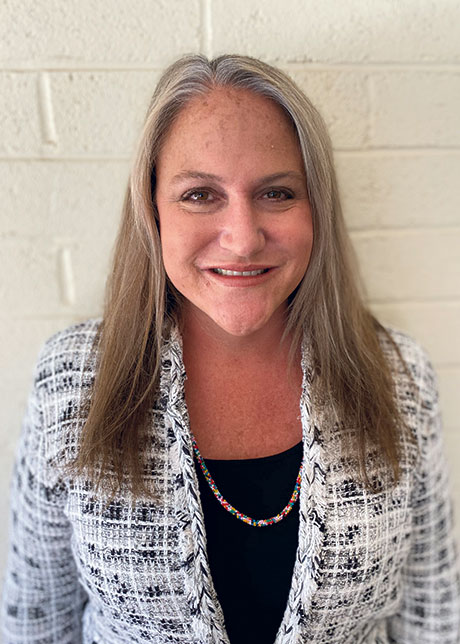Alexa Wilson, The Wasserstrom Company
Alexa Wilson came to The Wasserstrom Company 18 months ago ready for a change. After a brief stint in the marketing and public relations world, followed by 17 years with a foodservice equipment and supplies dealer, Wilson wanted to shake things up in her professional life. Her background is in tabletop and smallwares and helping operators get their new locations stocked and ready to open, all steps that occur at the end of the design-build cycle.
 Alexa Wilson“I wanted to completely start over and to learn a different side of the industry. I wanted to learn the entire design process from concept to completion,” Wilson says. “I loved tabletop, but we get to the project when it’s over. I love working with the blueprints, the architects and more.”
Alexa Wilson“I wanted to completely start over and to learn a different side of the industry. I wanted to learn the entire design process from concept to completion,” Wilson says. “I loved tabletop, but we get to the project when it’s over. I love working with the blueprints, the architects and more.”
Wilson’s current client base includes chain and independent restaurants, coffee shops and even a few casinos. In developing projects
for these segments, she works with the end user, consultants and contractors to design commercial kitchens.
Q: Describe the learning curve associated with transitioning to design development and equipment specification from tabletop.
A: From the beginning, I had mentor, admin support and more. Having that support enabled me to sit in on meetings with architects, contractors and more from week one. Working on those projects right away really helped me. The company did not try to overwhelm me. They gave it to me in phases. And the team environment really helped with that. It’s been 18 months, and now I am starting to talk to some of the newer people. I can start to see some of what I learned come out in those discussions.
Q: What lessons have you learned from your dad, who worked on the equipment manufacturing side of the industry?
A: I called him once and told him a vice president was going to be my boss and that made me nervous. He told me what a great opportunity it was to learn from the best and encouraged me to come armed with a page full of questions. He instills the drive to do things well and try to make a job perfect.
Q: These have been challenging times. How have you and your team held up?
A: The coronavirus has really brought us, as a company, together. The weekly emails, townhalls and company newsletter have been really helpful. If you don’t get that positive feedback or have those touch points with your leaders, it’s easy to worry and have your mind start to wander. The transparency is amazing. We can send in any question for a town hall, and no matter how uncomfortable, they answer it.
Q: You’re very relationship oriented. How does that influence what you do today?
A: We can’t complete a successful design-build project without having the right team in place. It’s so important to have a good relationship with the architects, the electricians — everyone. Sometimes you may have people on a project that can be competitors in some way. You have to take the time to get to know them and work with them. We don’t always have to compete with one another. I don’t just want to make a sale. The whole project is what I am passionate about. It’s like being a kid again and working with Play-Doh. I love going back to the technical aspect of the design.



